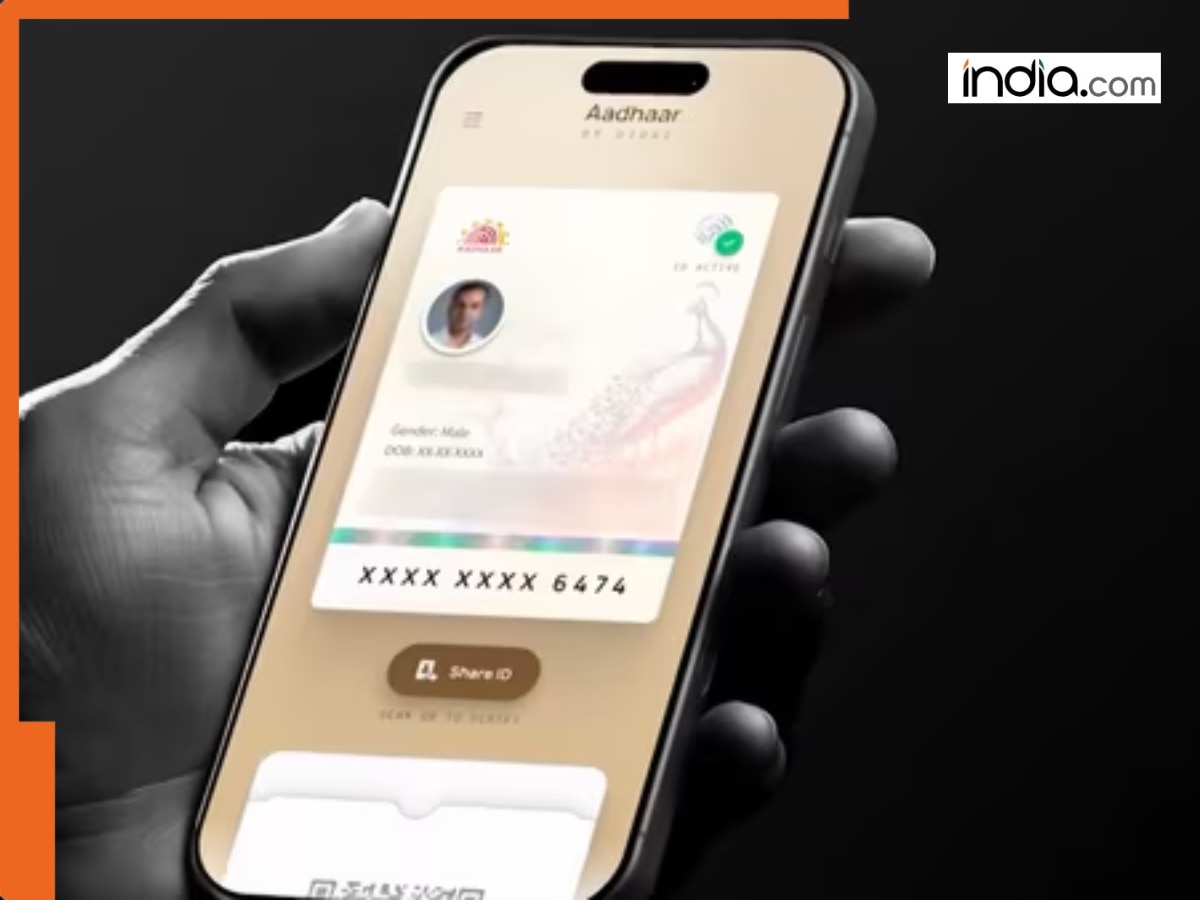UIDAI’s offline Aadhaar system may soon make Face-Scan entry common at Restaurants, Offices, Societies
India is preparing for a major offline Aadhaar push, where face-scan and QR-based verification may soon be required at restaurants, housing societies, offices, events and travel hubs across the country.

The Unique Identification Authority of India(BHARAT) (UIDAI) is preparing to standardize the use of Aadhaar offline, which would be a fundamental shift in how identity verification is conducted in the country. The government is preparing for offline Aadhaar verification, which you could soon be asked to scan to enter hotels, gated communities, restaurants, exam centres – and at events.
The upcoming system will use QR codes and a “proof of presence” system in which a user’s face is scanned against Aadhaar data, with no live internet connection to UIDAI servers required.
This is different from the kind of existing face-authentication tools (such as those banks might use) because it does not always have to sync back to a central UIDAI system.
UIDAI has said it is on the verge of launching a new Aadhaar app that will allow users to carry out Aadhaar verification checks offline. The app, in pre-launch testing phases, is being designed to enable QR-based authentication, as well as allow users to carry a digital Aadhaar with them, and also to offer other privacy safeguards, such as the ability to selectively hide less relevant data fields. UIDAI has not specified exactly when the app will be released, but has said that it’s currently in the “final testing” phase.
Who can verify Aadhaar off-line?
UIDAI has shared draft rules, according to which, any legally registered entity can apply to become an “Offline Verification Seeking Entity” (OVSE). They will then have to integrate the QR- and app-based tech required to actually verify an individual. There will be a “nominal” fee for organisations to register to become OVSEs.
UIDAI has shared examples of everyday use cases where offline Aadhaar verification might become required: checking into hotels, entering gated-communities and offices, and accessing stadiums and events. Other potential use cases include checking the identity of students for exams, hospital admissions, and verifying delivery or domestic staff. UIDAI even uses the phrase “age verification” (checking age for restricted products) as an example and discusses a “DigiYatra-style” flow for ticketed travel. UIDAI says that with its new app, offline verification will be “introduced in phases in accordance with market demand”. It envisions that a wide variety of organisations will participate.
Privacy vs. Convenience – Are there downsides?
On the one hand, UIDAI says that offline Aadhaar verification is supposed to improve privacy, since users won’t have to carry around physical copies of their Aadhaar card, which carry the risk of being misused.
On the other hand, there are concerns that asking users to share their Aadhaar for such a wide variety of everyday activities would be an invasion of privacy, and in the extreme, lead to a form of “ID policing” in daily life.
Part of the issue is that data sharing/storage rules are not fully clear, so privacy advocates will be watching carefully how the “proof of presence” verification works in practice, and whether users are truly in control of their data, when and where it’s shared.
UIDAI has had detailed stakeholder meetings and has “briefed” over 250 organisations about its plans for the new Aadhaar app. It seems likely that offline Aadhaar verification will become ubiquitous in the next few months.
What's Your Reaction?




















































